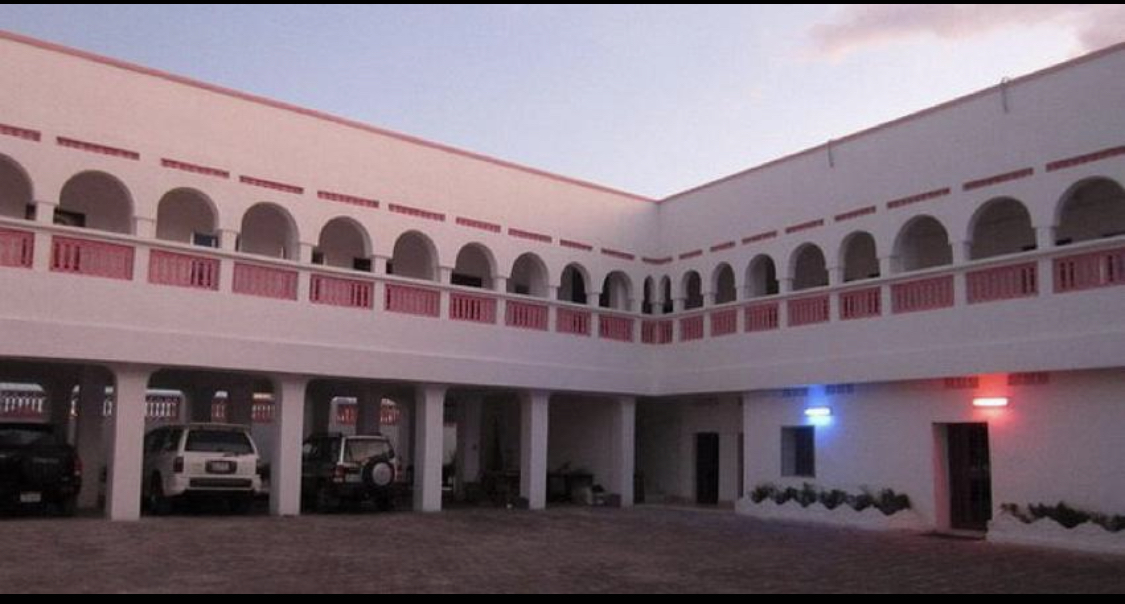Share the post "Hydrocarbons and Hegemony: Türkiye’s Oil and Gas Exploration in Somalia.."
In crafting the emotions and sentiments of societies and nations, misinformation, disinformation, and malinformation are efficacious and potent tools in shaping minds, opinions, and worldviews. In our contemporary age of hyper-technological development and digital immersion, misinformation and disinformation are wielded as powerful weapons since they spread like wildfire, and it is hard to ascertain their veracity. Moreover, given the short attention span epidemic in social media and the speed of screen scrolling and web navigation, social media users are vulnerable to misinformation and disinformation..
Misleading social media posts obtain millions of views and trend and circulate in group chats. It is too late before it’s verified or debunked—the damage is done. Recent cases of online misinformation have led to violent riots in Southport, United Kingdom. Clearly, social media platforms are struggling to filter misinformation, disinformation, and malinformation that are prevalent in digital spaces.
Another peculiar case is the recent and ongoing misinformation and disinformation circulating regarding Türkiye’s oil and gas explorations in the Somali Sea. Somali social media platforms are flooded with misinformation and disinformation and hence are generating vibrant discussions and arguments around Türkiye’s oil and gas explorations in Somalia. Discourse mercenaries and propagandists (no need to mention names or X accounts) are pushing narratives, information, and hashtags to discredit and smear the oil and gas exploration exercise in Somalia.
Anatomy of Misinformation
The emergence of the internet has positively transformed and impacted our lives; life without access to the internet is unimaginable. We all crave Wi-Fi passwords. A substantial amount of our daily lives is spent on the internet. We gasp for information—like breathing air. The downside of this digital age is that the internet is a cesspool flooded with clickbait misinformation, pseudoscience, fringe ideologies and views, betting, fraud schemes, and pornography.
Furthermore, digital propaganda by state institutions and agents is rampant in social media spaces. Digital propaganda is a sophisticated, systematic campaign and effort to promote, validate, and discursively sustain notions, opinions, and information that are misleading and false. The aim is to discredit and smear and hence shift and change public opinion, sentiments, and views. A good example is the recent Al Jazeera investigation that revealed “ghost reporters” writing pro-Russia propaganda in West and Central Africa and amplifying France’s colonial crimes and exploitations in the continent. Influence campaigns and propaganda were also suspected in the smear campaign against the World Cup in Qatar, China’s Road and Belt initiative in Africa, the USAID health project in Africa, and most recently against Türkiye’s hydrocarbon exploration in Somalia.
Natural resource curse?
Somalia is a resource-rich country. Like many African countries, the country has faced devastating civil war conflict and political instability that have rendered Somalis unable to benefit from their own natural resources. Furthermore, natural resource extraction requires state capacity, investments, refinement, marketing, and technical knowledge, which many African countries lack. African governments engage with multinational corporations and state agencies to mine and extract their natural resources. Sadly, over the years, extractive industries in Africa have become synonymous with exploitation, corruption, and environmental degradation. The African Anthropocene is caused by extractive industries that mine African resources and destroy the ecosystem with detrimental consequences.
Türkiye’s oil and gas exploration in Somalia is under scrutiny in this context: like other resource extractive initiatives, will it exploit an African resource and destroy the environment? In October 2024, Somalia and Türkiye signed a joint onshore hydrocarbon exploration deal. While welcoming the Oruç Reis vessel in Somali waters, Minister Alparslan Bayraktar said, “With this agreement, we will carry out oil and gas research operations on Somali land fields.”
In April 2025, Somalia and Türkiye signed an exploration and production agreement in the field of hydrocarbons. In this deal, Turkish Petroleum (TPAO) will begin the exploration of oil and gas in three land blocks covering 16,000 km²; moreover, the seismic research vessel Oruç Reis conducted 3D seismic surveys of three offshore blocks covering 15,000 km². Commenting on the ongoing explorations, Minister Bayraktar stated that “the project is now 78 percent complete. We expect to finish the survey in May and make a decision on the drilling phase based on collected data.”
In May 2025, reports emerged that a significant breakthrough had been achieved in the Somali hydrocarbon explorations conducted by Türkiye. The exploration exercise is said to have discovered commercially viable crude oil reserves estimated at 20 billion barrels, while officials remain tight-lipped on the issue.
Somalia First Policy
Oil and gas exploration, extraction, and marketing is an enormously costly enterprise. Stakeholders will encounter numerous uncertainties and challenges: the commercial viability of the natural resources; funding of the extraction costs, including infrastructure, expertise, and heavy machinery; refinement; storage; value addition; and marketing. And most importantly, political stability and security. Hence, it might take Somalia decades to earn production revenues from its prospective oil and gas natural resources.
Nevertheless, the Somali government ought to approach this superlative natural resource with care and caution. The country’s future generations’ wealth must be safeguarded from corruption and state fund embezzlement schemes. In the course of the extraction processes, natural ecosystems and environments must be protected from pollution, pollutants, residue waste, and contamination. Most importantly, potential future revenues should benefit and transform the lives and well-being of ordinary Somalis.
Finally, Somalia is located in a geostrategic geography with compounded geopolitical contestations. Türkiye’s capacity-building efforts in Somalia’s security, institutional, educational, and health sectors are commendable and worthy but also under scrutiny from “rival” regional and international powers. Hence, it will be wise and realistic for Somalia to adopt a pragmatic and balanced foreign policy framework to boost its diplomatic relations. In a fragmented and multipolar global order, Somalia needs more friends in its state-rebuilding processes.
Türkiye’s oil and gas explorations in Somalia are shrouded and targeted with misinformation and disinformation—and one can read between the lines to detect the geopolitical contestations in the region. Nevertheless, many Somali civil rights groups have concerns and criticisms regarding the maritime deal signed with Türkiye. Informing, engaging, and educating the public on crucial aspects of the oil and gas exploration deal will leave no room for misinformation and disinformation.
Misinformation and disinformation regarding the oil and gas exploration revolve around the following issues, which require proper public information and transparency:
- Is Turkish Petroleum Corporation (TPAO) exempt from paying any signing, development, or production bonuses?
- Is TPAO paying surface rental or administrative fees?
- Are potential disputes to be resolved in Istanbul, not in Mogadishu or through international arbitration?
- Is Somalia required to compensate Türkiye for potential losses if it changes national laws on taxation, the environment, or regulation?
- Somalia, under the current terms, will receive only 5% of production revenues. Is this correct?




